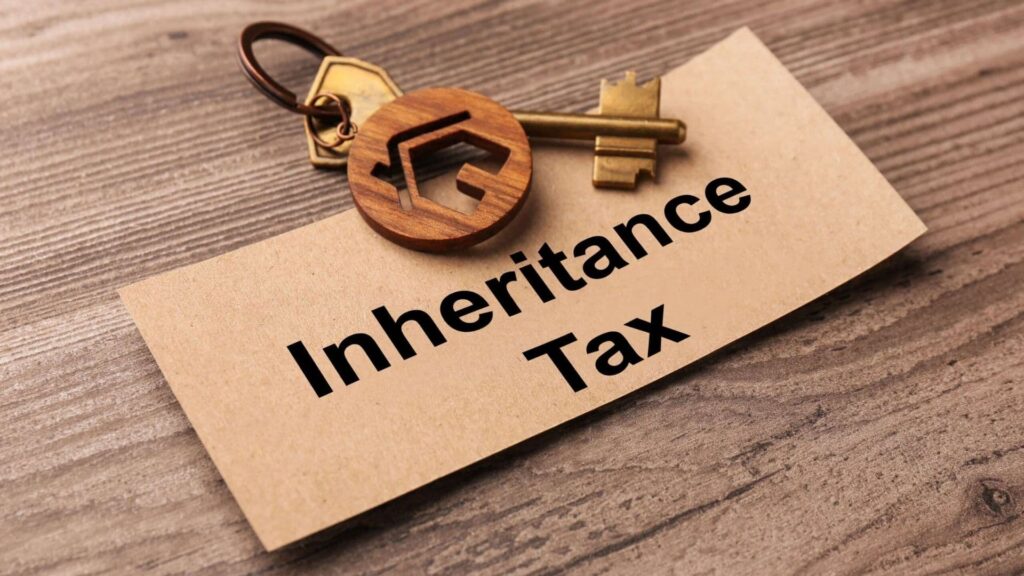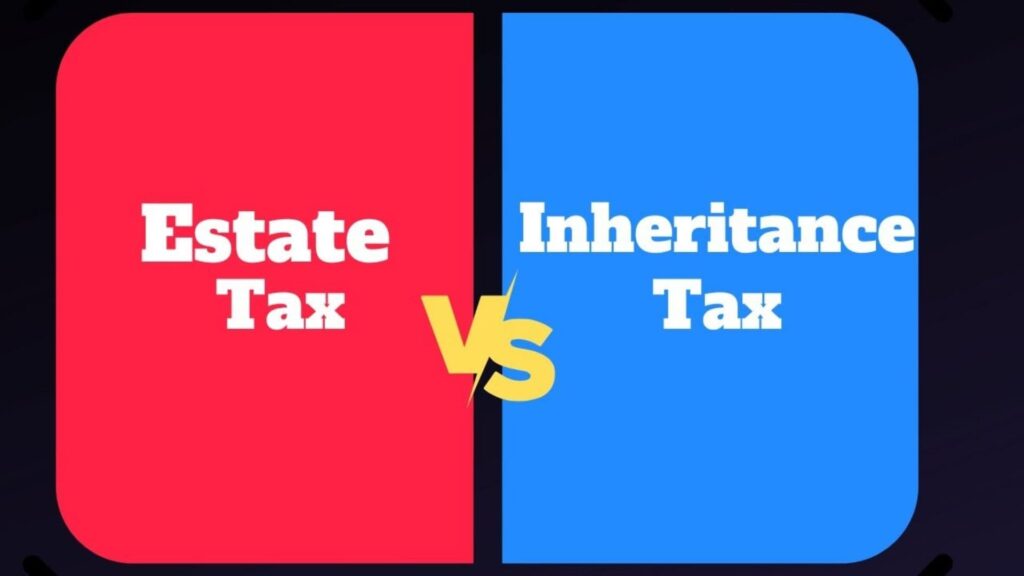
When it comes to the topic of Minor Recipient Inheritance Tax in the United States, things can get confusing fast-especially for families hoping to leave a financial legacy to children or grandchildren. Unlike many countries, there is no federal inheritance tax in the U.S., but a handful of states do impose their own inheritance taxes, and the rules can change dramatically depending on where the deceased lived and the age and relationship of the recipient. For minors-children under 18 or 21, depending on state law-these inheritance tax rules often include generous exemptions, especially for direct descendants like sons, daughters, and grandchildren. In most cases, if a minor inherits from a parent or grandparent in a state with inheritance tax, they are fully or largely exempt from paying tax on what they receive. However, the specific exemptions, thresholds, and tax rates vary by state, and understanding these details is crucial for effective estate planning. With the right approach, families can minimize or even eliminate inheritance tax for minor beneficiaries, ensuring that more of the estate passes smoothly to the next generation.
What Is Inheritance Tax and Who Pays It?
Inheritance tax is a state-level tax that some beneficiaries must pay when they receive money or property from a deceased person’s estate. Unlike estate tax, which is paid by the estate before assets are distributed, inheritance tax is paid by the recipient after they receive their share. There is no federal inheritance tax in the U.S.-only a few states impose this tax, and each has its own rules about who pays and how much.

Which States Have Inheritance Tax?
As of 2025, only six states levy an inheritance tax: Iowa (phasing out after 2025), Kentucky, Maryland, Nebraska, New Jersey, and Pennsylvania. In these states, the tax rate and exemptions depend on the beneficiary’s relationship to the deceased and, sometimes, their age.
Are Minors Exempt from Inheritance Tax?
In nearly all states with inheritance tax, minors who are direct descendants (children, stepchildren, grandchildren, adopted children) are either fully exempt or benefit from generous exemptions. Here’s how it breaks down:
- Iowa: Children, stepchildren, grandchildren, and other direct descendants are exempt. No inheritance tax for minors in these categories.
- Kentucky: Children and grandchildren (including minors) are exempt from inheritance tax.
- Maryland: Children, stepchildren, grandchildren, and siblings are exempt, regardless of age.
- Nebraska: Spouses and relatives under 22 are fully exempt; other direct descendants have a $100,000 exemption and pay a 1% tax on amounts above that.
- New Jersey: Children, stepchildren, grandchildren, and great-grandchildren are exempt, so minors in these categories pay no inheritance tax.
- Pennsylvania: Children 21 and younger are exempt from inheritance tax; older children pay a reduced rate, and spouses are always exempt.
Bottom line: If a minor inherits from a parent or grandparent in these states, they are almost always exempt from inheritance tax.
What Happens When a Minor Inherits?
When a minor receives an inheritance, the assets are usually managed by a guardian or held in trust until the child reaches the age of majority (usually 18 or 21, depending on state law). The guardian or trustee is responsible for handling the funds in the minor’s best interest, whether it’s cash, property, stocks, or other assets.
Planning Tips to Minimize Inheritance Tax for Minors
- Know your state’s rules: If your family lives in a state with inheritance tax, check the latest exemptions for minors and direct descendants.
- Consider trusts: Setting up a trust can help manage assets for minors and may offer additional protection from taxes and creditors.
- Gift assets during your lifetime: In many cases, gifting assets to children or grandchildren while you’re alive can reduce the overall taxable estate.
- Work with an estate planner: Professional advice is key to navigating state-specific rules and maximizing what your minor beneficiaries receive.

Inheritance Tax vs. Estate Tax: What’s the Difference?
- Inheritance tax is paid by the person who receives the inheritance (the beneficiary), and only in certain states.
- Estate tax is paid by the estate before assets are distributed, and only applies at the federal level for very large estates (over $13.61 million in 2024) or in states with their own estate tax.
FAQs
Q: Do minors have to pay inheritance tax in the U.S.?
A: In most states with inheritance tax, minors who are children or grandchildren of the deceased are fully exempt from the tax.
Q: Which states have inheritance tax that could affect minors?
A: Only Iowa, Kentucky, Maryland, Nebraska, New Jersey, and Pennsylvania have inheritance taxes, but all provide exemptions for minor children or grandchildren.
Q: What happens to a minor’s inheritance?
A: The inheritance is usually managed by a guardian or held in trust until the minor reaches adulthood, ensuring the assets are protected and used for their benefit.